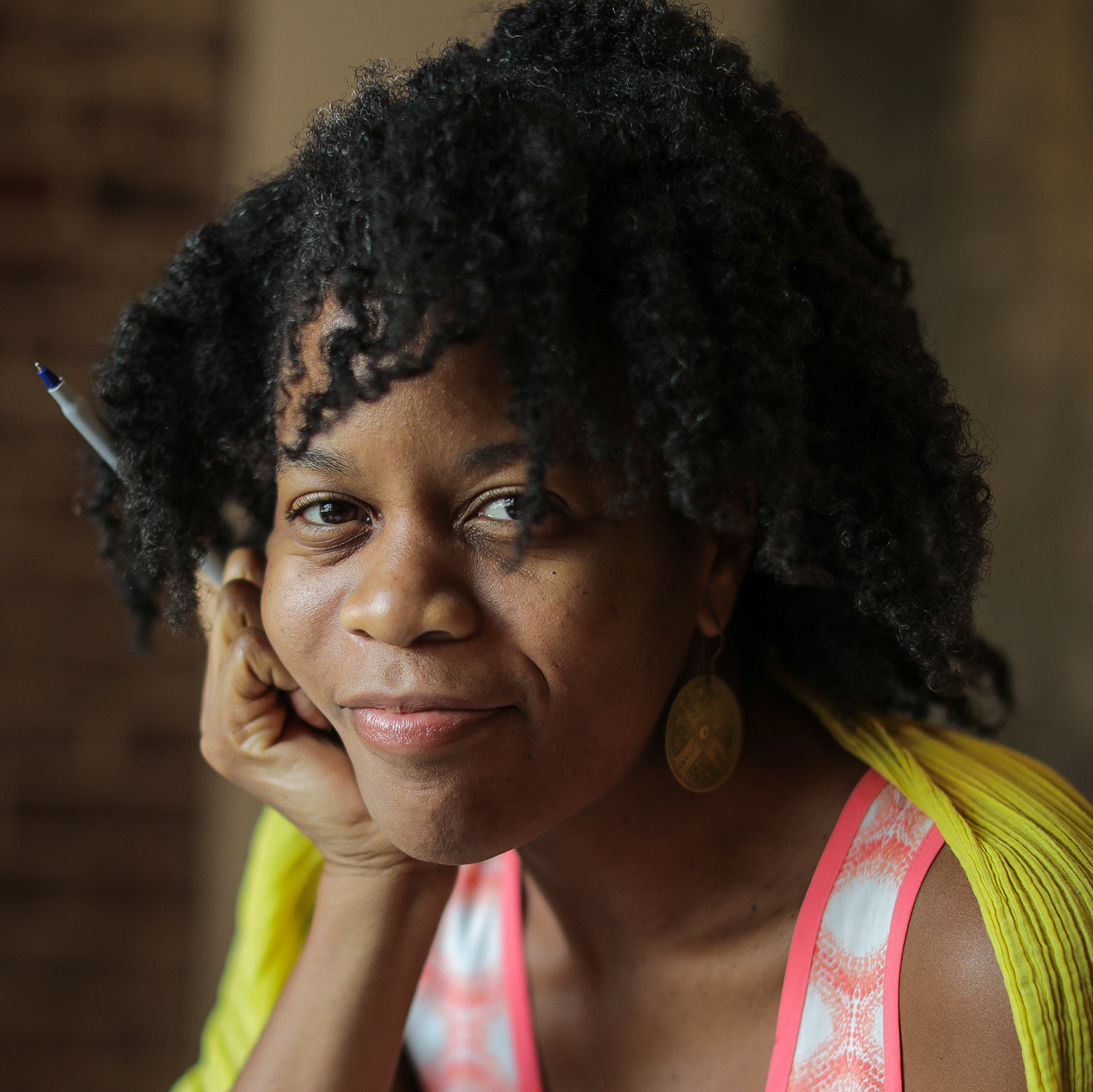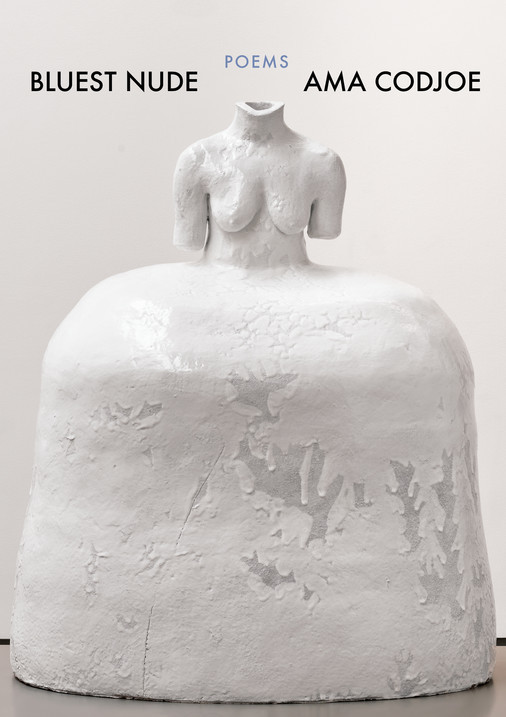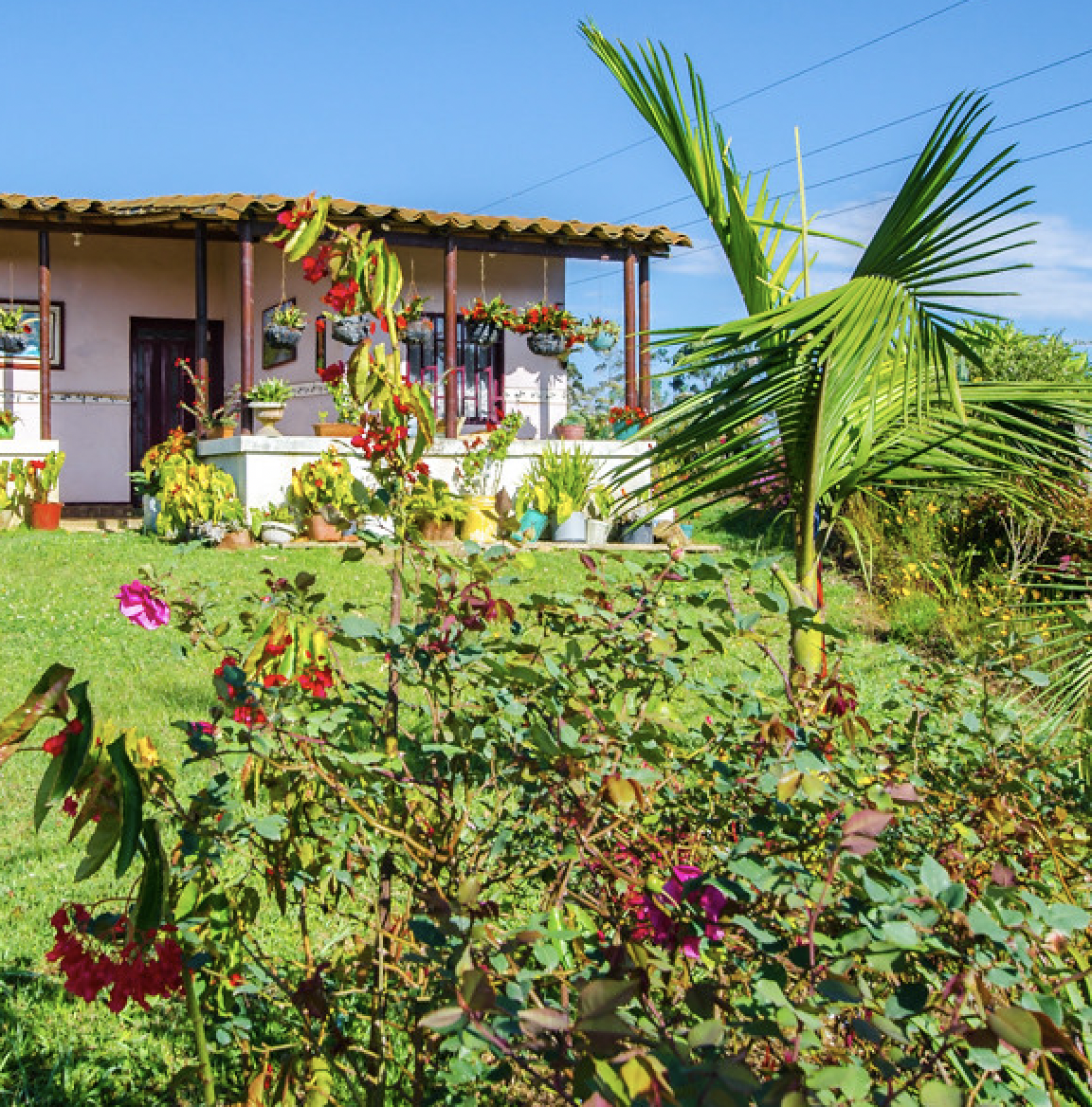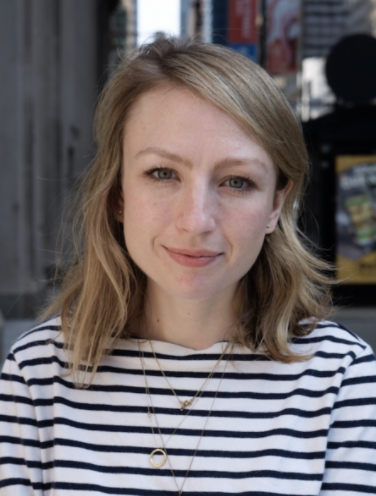This is the first installment of an online series highlighting work by Black authors published in The Common. To read The Common’s statement in support of the nationwide protests against anti-Black racism, white supremacy, and police brutality, click here.
Brother Love by Tanya Coke
Tanya Coke is a civil rights lawyer and writer. One of the directors of the Ford Foundation, her works have additionally appeared in USA Today, The Root, and The Washington Post. Her essay “Brother Love” was published in Issue 19.
is a civil rights lawyer and writer. One of the directors of the Ford Foundation, her works have additionally appeared in USA Today, The Root, and The Washington Post. Her essay “Brother Love” was published in Issue 19.
“The whole memorial service filled me with a strange kind of melancholy joy, to realize how much Dave and my father, John, had shared: a disregard for convention; a reverence for the handmade; a passionate embrace of the backcountry; and, of course, a fierce love for their son. I was sad that I had deliberately missed knowing the extraordinary family in which my brother was raised. But in a flash I understood that it had taken my own father’s death, some twenty years earlier, to allow me to really embrace my brother. My father’s passing somehow freed me of the need to continue to punish him for his transgressions, by keeping his son on that shelf. It was one of those painful paradoxes of adulthood, in which a wrenching loss of someone you love, while closing a door on one relationship, opens you to others.”
Burying Seeds by Ama Codjoe
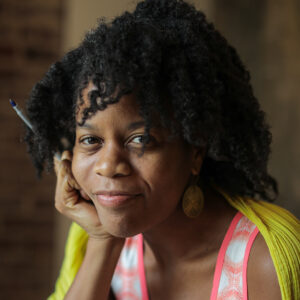
“I wanted to write a poem for Betty Shabazz
because her high cheekbones and luminous
eyes are like a BaKongo mask breathed
into with life. After her husband’s lifeless
body was wrapped in white linen and covered
by the words: what we place in the ground
is no more now a man—but a seed—she took
one last look at him who had smiled at her
and touched, countless times, her unveiled face.”
The Electric City by Kashana Cauley
Kashana Cauley’s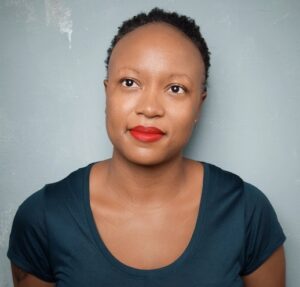 writing has been published in Esquire, Tin House, and McSweeney’s Internet Tendency. Her short story “The Electric City” was published in Issue 09.
writing has been published in Esquire, Tin House, and McSweeney’s Internet Tendency. Her short story “The Electric City” was published in Issue 09.
“Were we doing anything with Detroit? Of course we were doing stuff. It took a while to survey everything, figure out what the problems were and how we could try to fix them. We had to buy ourselves those six chalkboards to brainstorm fix-it ideas. Our thinking sessions didn’t go so well without steak. Later we had to add asparagus to that, but asparagus didn’t grow anywhere nearby, so we spent a couple weeks working out a deal with a group of Chileans willing to ship it to us direct. When our contractors refused to put up any more streetlights unless we doubled their pay, we put up three streetlights ourselves. You’re really going to tell us we didn’t deserve that two-month vacation to the Bahamas after all our hard work? Well, where else should we have gone? The D.R.? Jamaica?”
Sticking Around the Karate Tournament to Watch the Teenage Black Belt Boys Fight by Marlin Jenkins
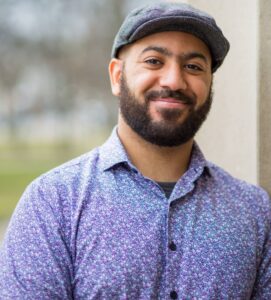 Marlin M. Jenkins was born and raised in Detroit and is the author of the chapbook Capable Monsters (Bull City Press, 2020). His poem, “Sticking Around the Karate Tournament to Watch the Teenage Black Belt Boys Fight,” was published in Issue 15.
Marlin M. Jenkins was born and raised in Detroit and is the author of the chapbook Capable Monsters (Bull City Press, 2020). His poem, “Sticking Around the Karate Tournament to Watch the Teenage Black Belt Boys Fight,” was published in Issue 15.
“There’s so many of us here: hood boys taught
discipline through bowing and bare feet, through
knowing the leg is just as much of the punch as
the knuckle. We learned how to smooth our
anger through repetition, to count in languages
we mispronounce, to follow commands and try
not to feel like there’s something wrong with
calling someone else master, even if it’s merely
a synonym for sensei…”
